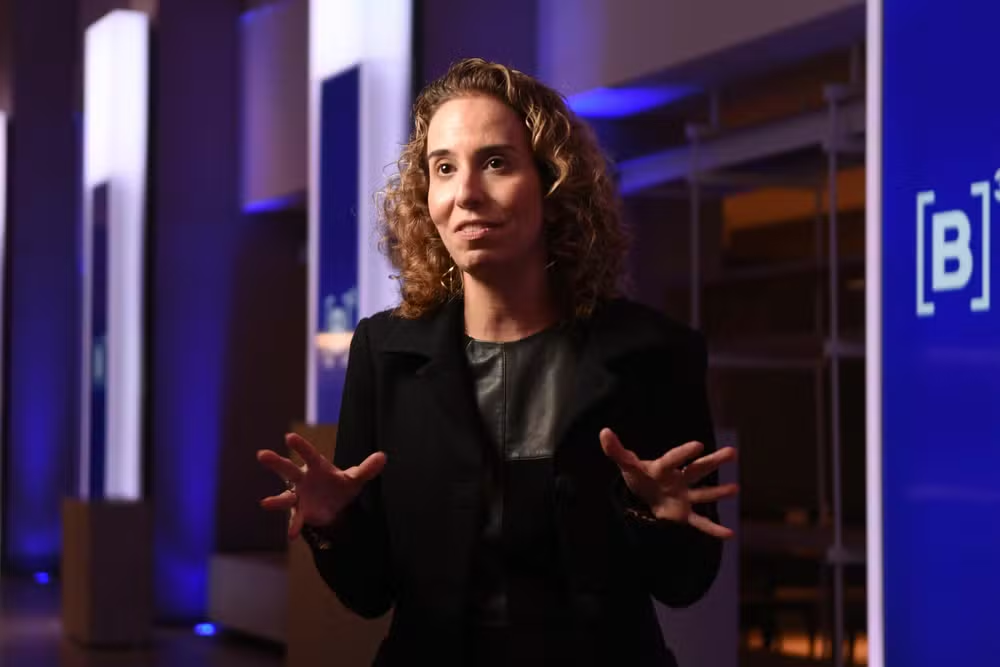
Mastercard has opened its blockchain technology up to developers, allowing financial institutions and merchants on a selective basis to start testing their own blockchain-based solutions.
The payments giant said it both tested and validated its blockchain, and has prepared it initially for the business-to-business (B2B) space to address challenges of speed, transparency, and costs in cross-border payments.
“By combining Mastercard blockchain technology with our settlement network and associated network rules, we have created a solution that is safe, secure, auditable, and easy to scale,” Mastercard Labs executive vice president Ken Moore said.
“When it comes to payments, we want to provide choice and flexibility to our partners where they are able to seamlessly use both our existing and new payment rails based on the needs and requirements of their customers.”
The Mastercard blockchain is a permissioned blockchain, which will allow participants to maintain the distributed ledger without sacrificing scalability or performance, Sota explains in the video. He said it is based on an opaque ledger, which means the details of the transaction can only be seen by those who are participating on that transaction.
“Our blockchain technology can be used for clearing in near real-time card payment transactions eliminating consolidation and improving settlement,” he said.
According to Mastercard, its technology boasts four key differentiators to others in the space, spanning privacy, flexibility, scalability, and the reach of the company’s settlement network.
Mastercard said its blockchain provides privacy by ensuring that transaction details are shared only amongst the participants of a transaction while maintaining a fully auditable and valid ledger of transactions, but still allowing partners to use the blockchain APIs alongside other Mastercard APIs
As the Mastercard blockchain is designed for commercial processing speed, the company said it can scale further than many others, and with the blockchain integrated into the company’s 22,000 financial institution-strong payment network, users can move transactions quite far via the Mastercard network.
Beyond card transactions, the application programming interfaces (APIs) can be used for payments, supply chain, and trade finance operations. Sota expects developers to also toy with non-payment transactions like proof of purchase or authenticity.
“It should be fairly simple as they do not have the extra cost of hosting their own … so they can focus on the use cases and once it’s a proven solution they can scale it out,” Sota added.
In addition to building a new solution, Mastercard said it also filed for over 35 patents in blockchain and invested in Digital Currency Group, a collective that builds, incubates, and seeds bitcoin and blockchain technology-related companies.
Mastercard also recently joined the Enterprise Ethereum Alliance to explore the possibilities of the ethereum blockchain across a range of potential use cases, many that sit outside the scope of Mastercard’s traditional payments environment.
While the bitcoin blockchain is used to track ownership of digital currency, the ethereum blockchain — a custom-built blockchain — focuses on running the programming code of any decentralised application. Instead of mining for bitcoin, miners work to earn ether, a type of crypto token that fuels the network.
The EEA initiative is similar to one facilitated by the Linux Foundation that aims to develop an enterprise-grade, open-source distributed ledger framework and to help identify and address important features and requirements that are missing when it comes to having a cross-industry open standard for distributed ledgers.
__________________














